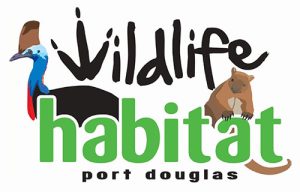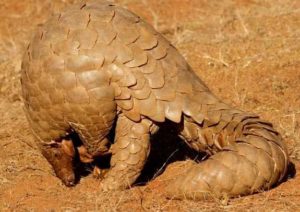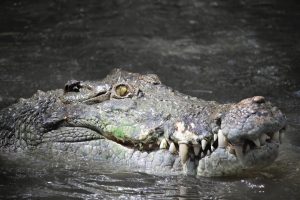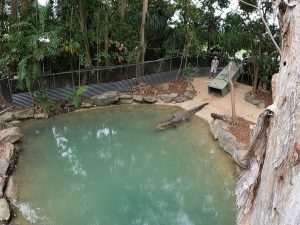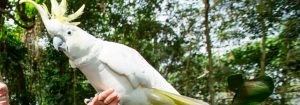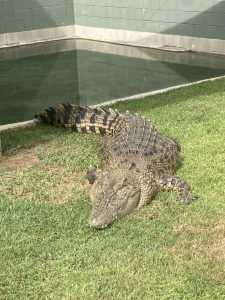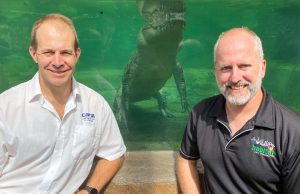World Environment Day was established by the United Nations Environment Programme (UNEP) in 1972. Celebrated on 5th June every year to raise awareness on the positive action we can take to protect nature and the planet Earth.
Everyone has the opportunity to assist the environment. We do not need to make grand gestures. Together our small decisions can have a huge impact.
I asked our General Manager and Wildlife Supervisor for their top tips on what small steps you can make daily around your home to contribute to the huge impact.
5 Small Steps towards helping the environment:
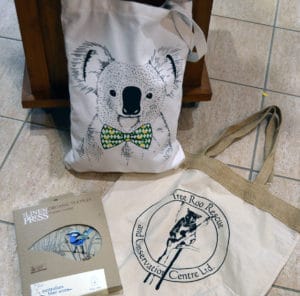
- Cut rings from tops of plastic bottles – Clean Up Australia provide information with what numbered plastics are recyclable.
- Do you really need a bag for that? Carry small purchases in your hands or take your own bag. (TOTE LIFE!)
- Turn off lights and electrical items when you are not in the room or they are not in use.
- Join your local Facebook Buy Swap Sell or FREE ITEM page – your trash may be someone else’s treasure.
- Buy Bulk and buy LOCAL – support local growers and businesses in your area.
Wildlife Habitat is a Certified Advanced Ecotourism operator. It means with every decision we make at the park we consider the impact on the environment.
We pay extra to use recycled paper for brochures and park maps, we ask our staff to consider their use of disposable coffee and drink cups in the workplace, we utilise recycled and bore water. We aim to buy local and Australian made products. Simple small steps, taken every day to make a larger impact.
World Environment Day 2016
The theme for World Environment Day 2016 is something very close to our hearts “Go Wild for Life”. Promoting ZERO tolerance for the illegal wildlife trade.
Australia is home to a diverse and unique range of animals and the Australian government takes the illegal trade of wildlife very seriously.
The government through the legislation of the Environment Protection and Biodiversity Conservation Act 1999, has established strict import and export conditions. Requiring humane treatment, proper commercial use and ethical conduct of all wildlife. Ensuring the conservation of our biodiversity.
 Some illegal trade facts from UNEP that will upset you:
Some illegal trade facts from UNEP that will upset you:
- 100,000 African elephants killed from a population estimate of 500,000 (2010-12).
- 170 tonnes of ivory illegally exported out of Africa (2009 -14).
- 1338 Rhinos killed by poachers in 2015.
- In 2016 Chimpanzees became extinct from the West African nations of Cambia, Burkina Faso, Benin and Togo.
- Pangolins are the most illegally trafficked mammal in the world, it is estimated 1 million have been taken from the wild in the past decade. All 8 species are threatened with extinction.
- 11-26 million tonnes of illegal, unreported and unregulated fishing.
Awesome benefits that come from protecting wildlife and our ecosystems:
- In 2012, protecting wild animals and ecosystems, brought sub Saharan Africa over $36 billion in tourism dollars.
- $1 million per year – Tourism revenue Uganda makes from each LIVE gorilla.
- $304 million – Tourism revenue in 2014 Rwanda made from its mountain gorillas.
- Nepal achieved zero Rhino poaching in 3 out of the past 5 years, allowing the Rhino population to grow 21% (from 534 in 2011 to 645 in 2016).
- USA and China close their trade in elephant ivory in September 2015.
World Environment Day is now celebrated in over 100 countries and 1.26 million people participated worldwide in 2015. UNEP describes this as a ‘people’s day’ for doing something to take care of the Earth, it can be a solo act or involve a crowd, we are simply encouraged to become an agent of change.
Make a pledge to show your support of World Environment Day and to bringing an end to the illegal trade in wildlife… #wildforlife
What will you do today to help make the Earth a better place tomorrow?

